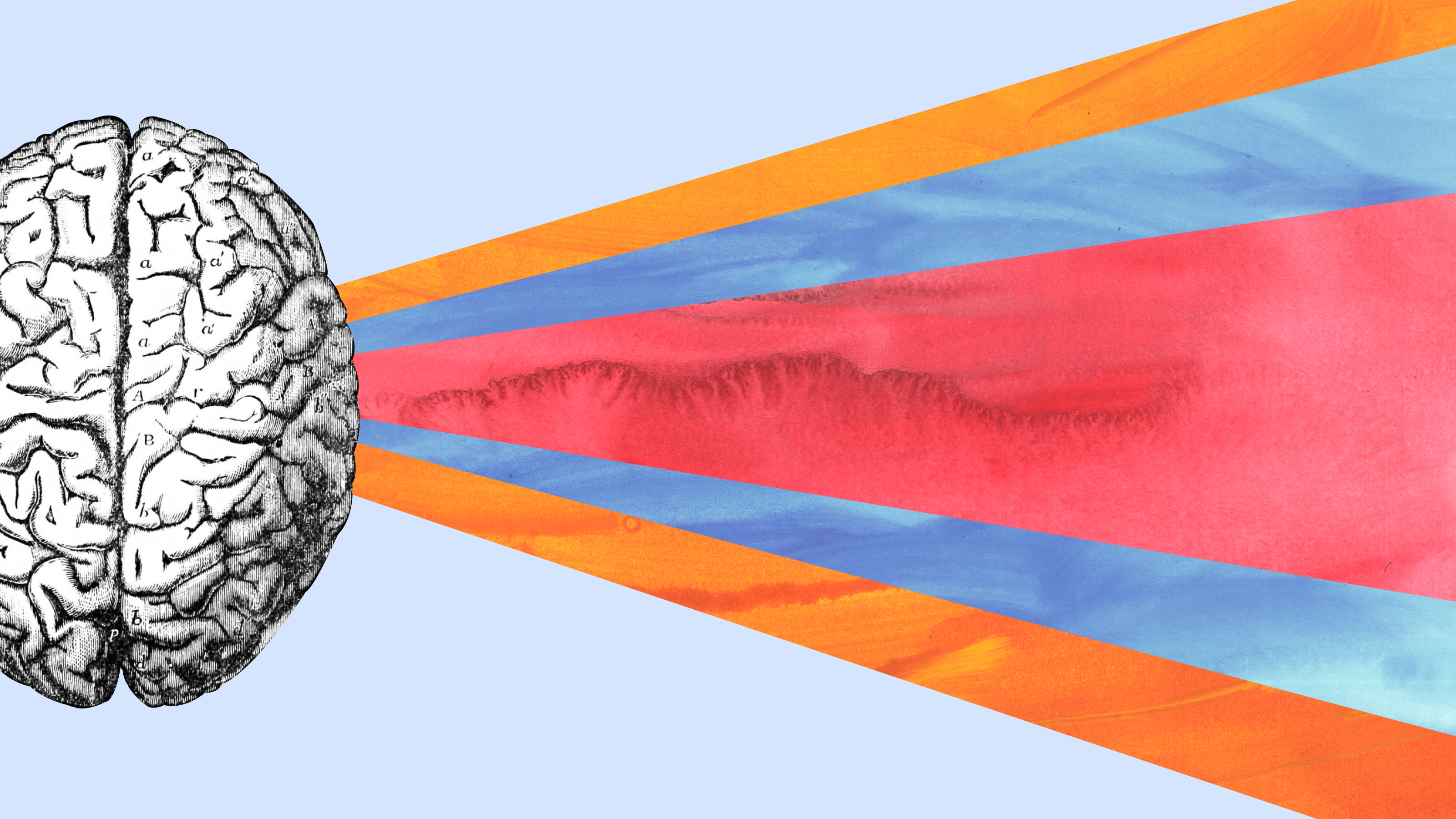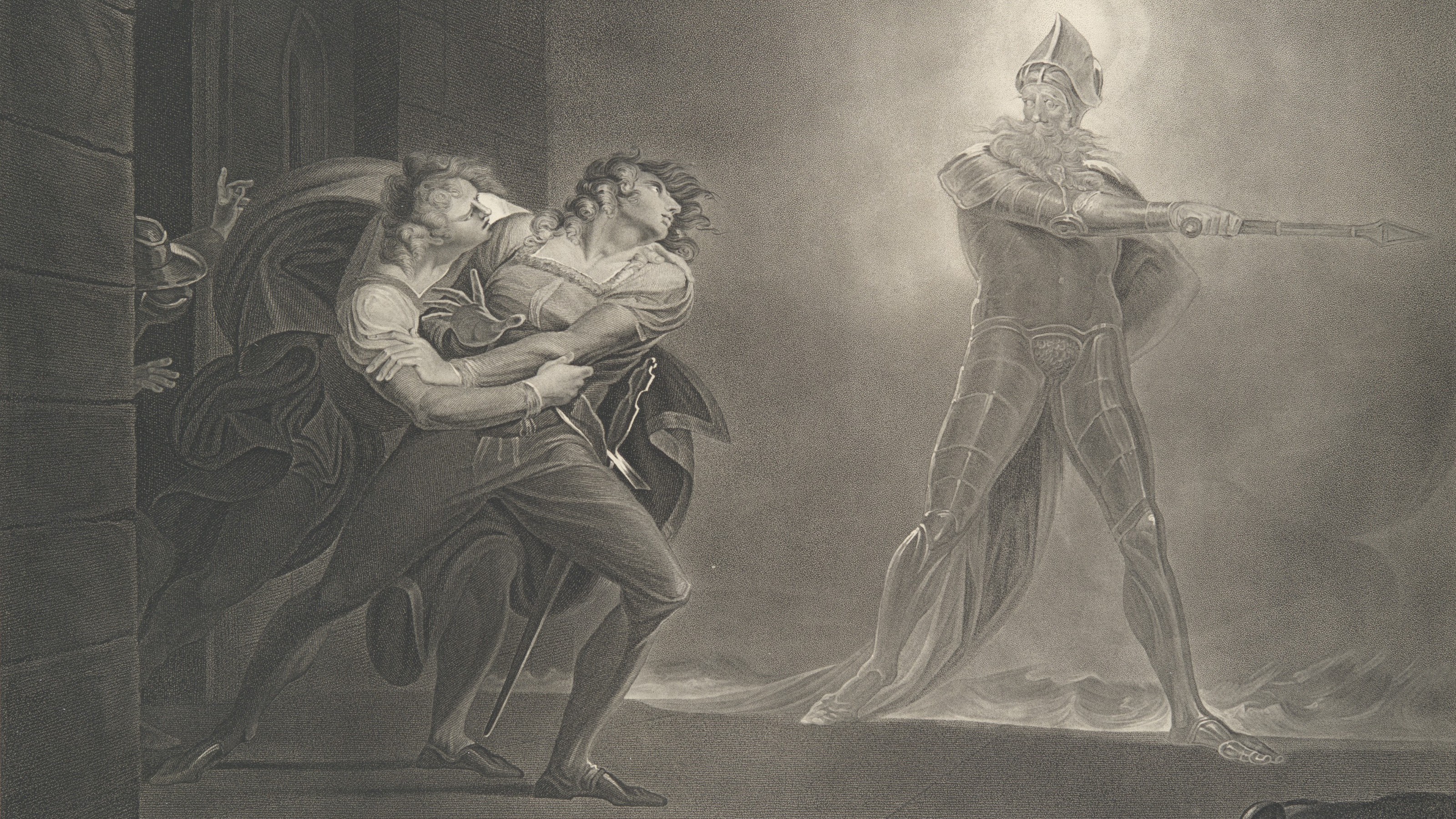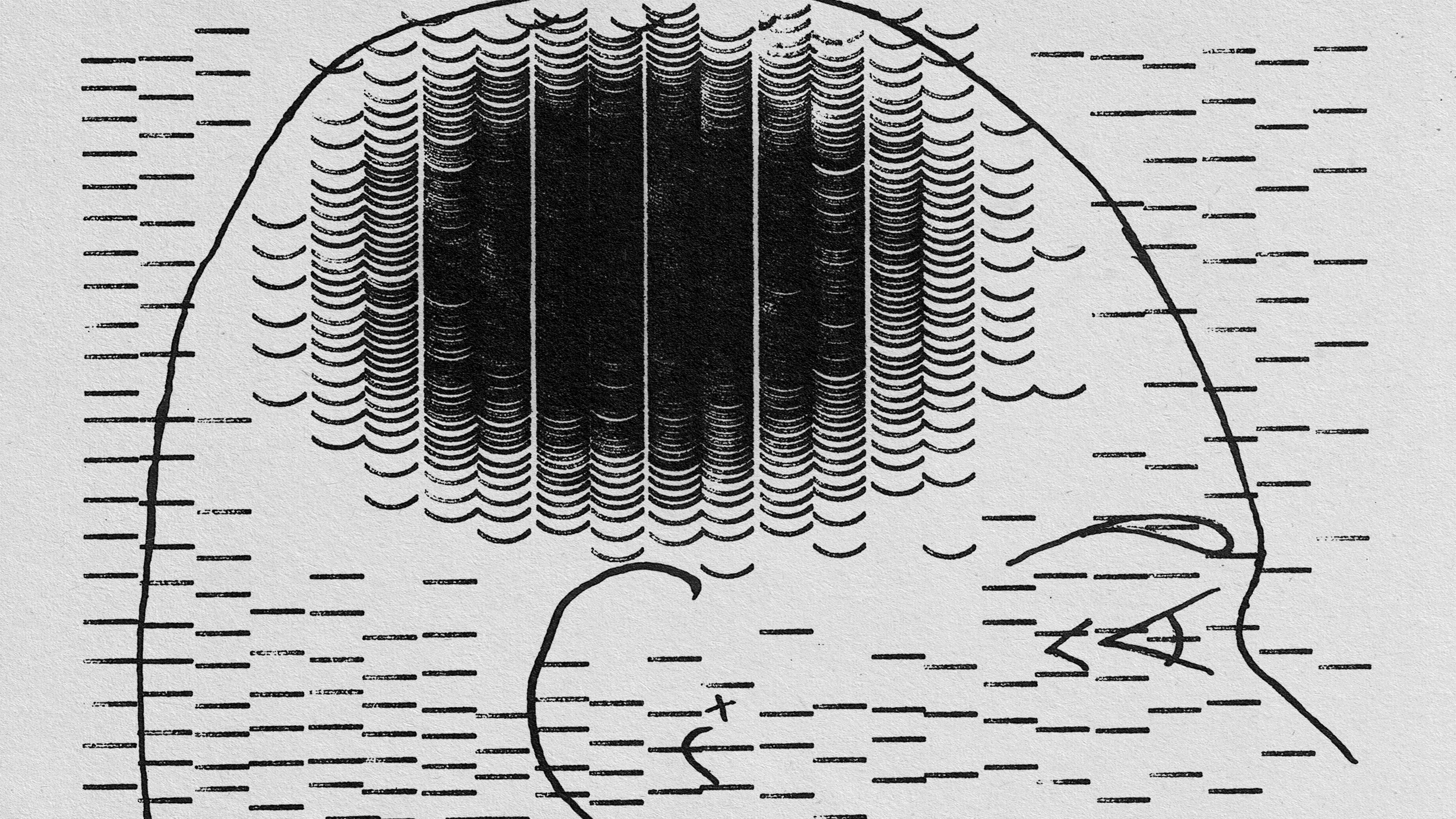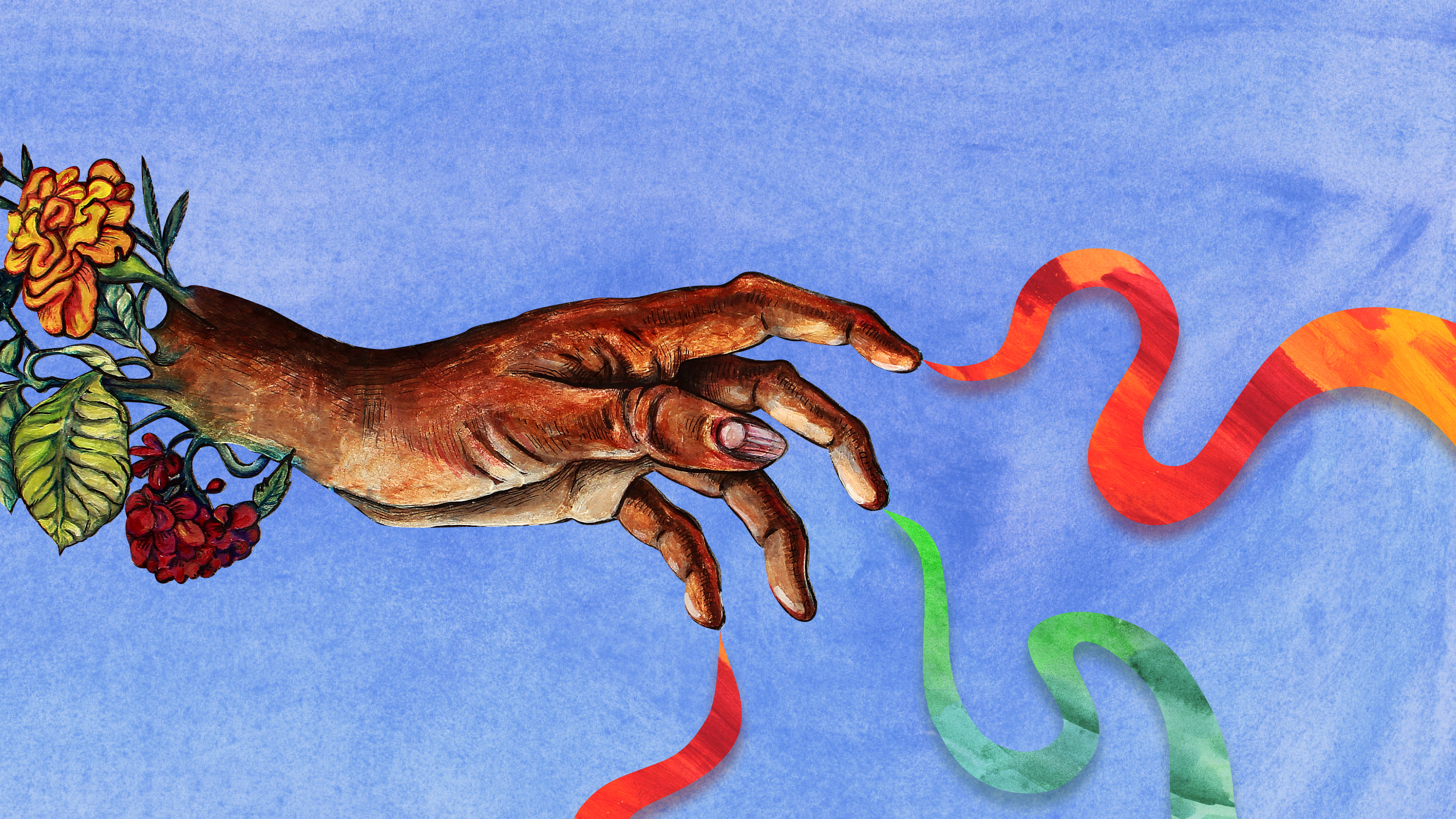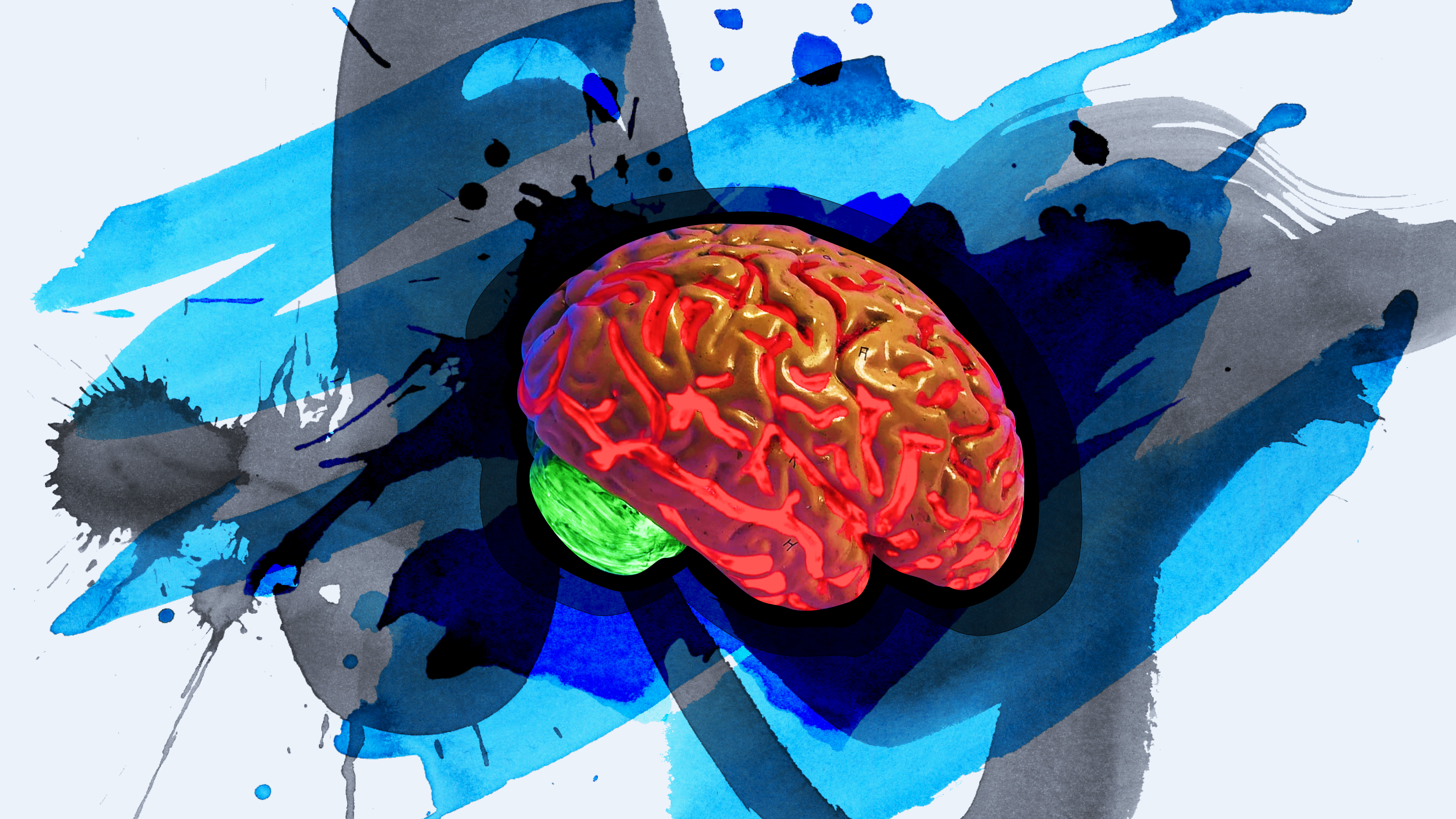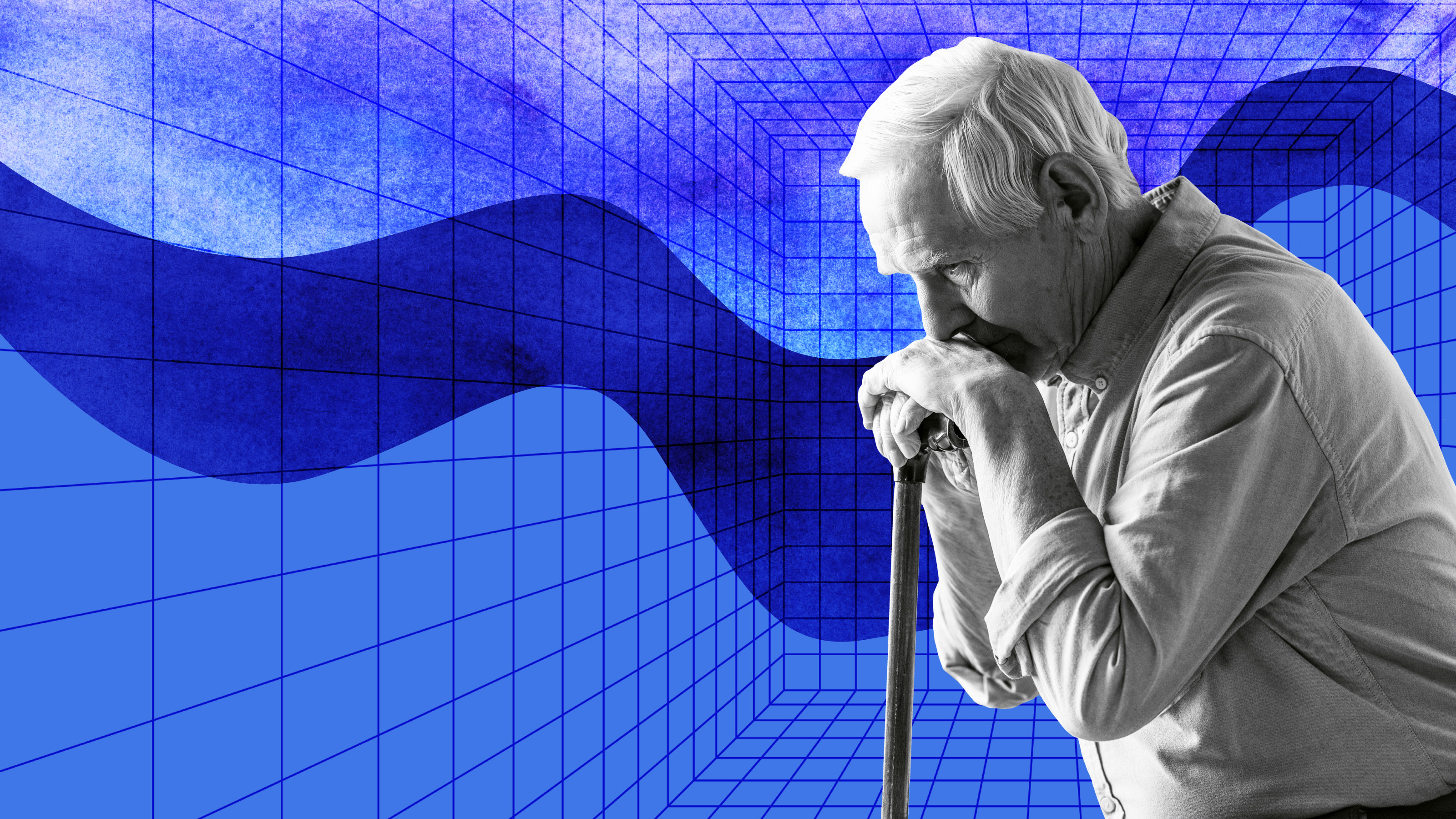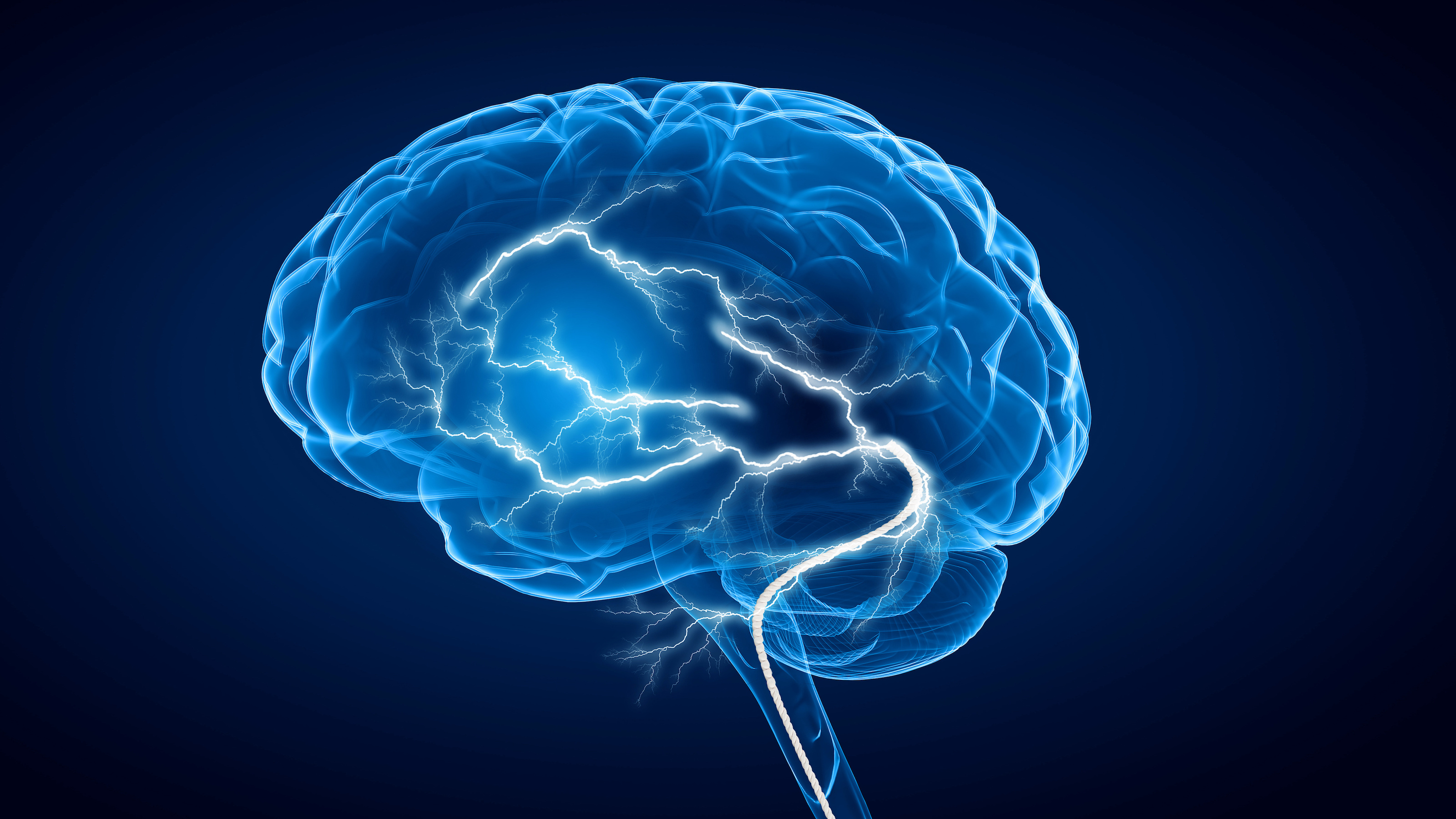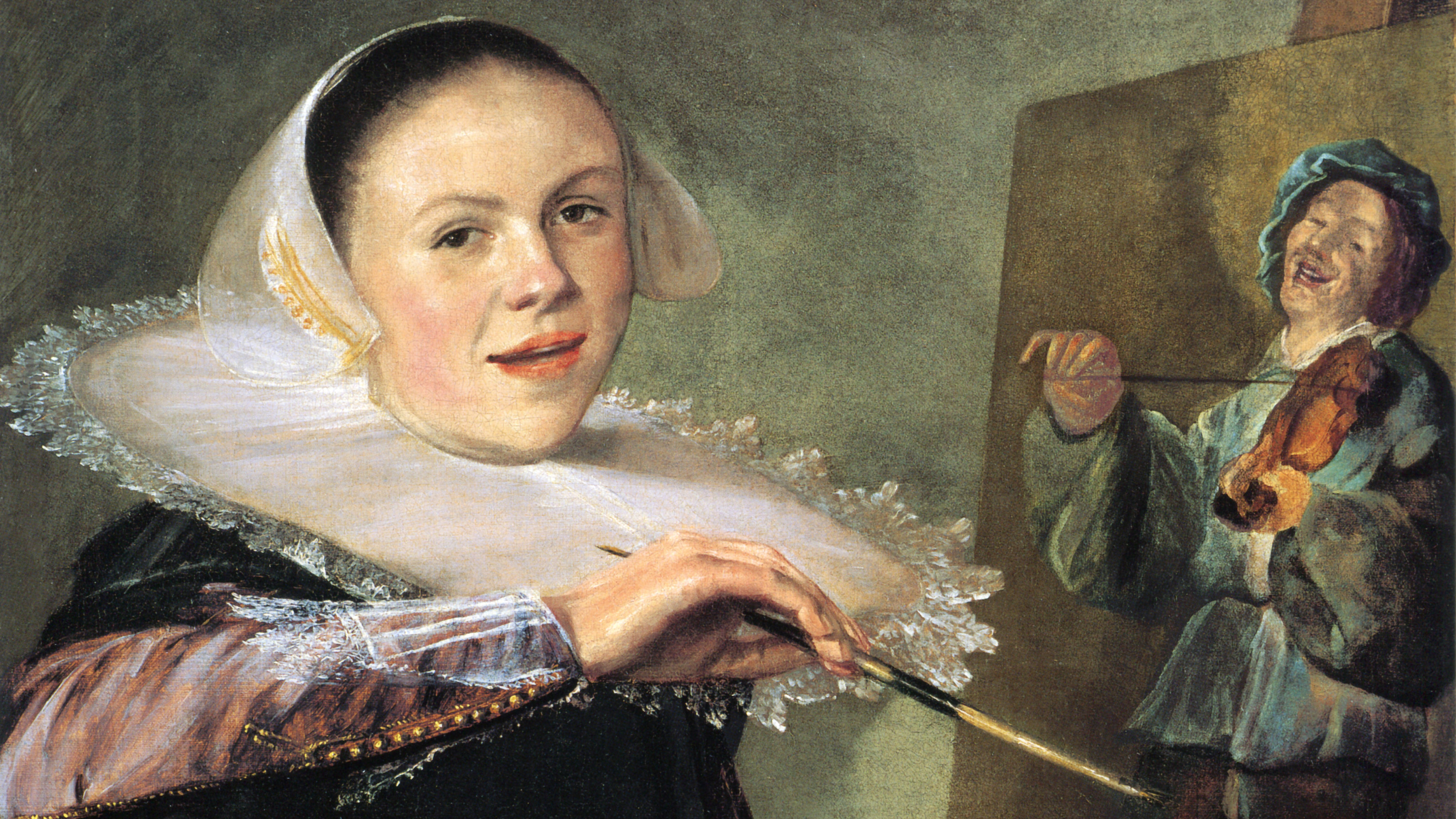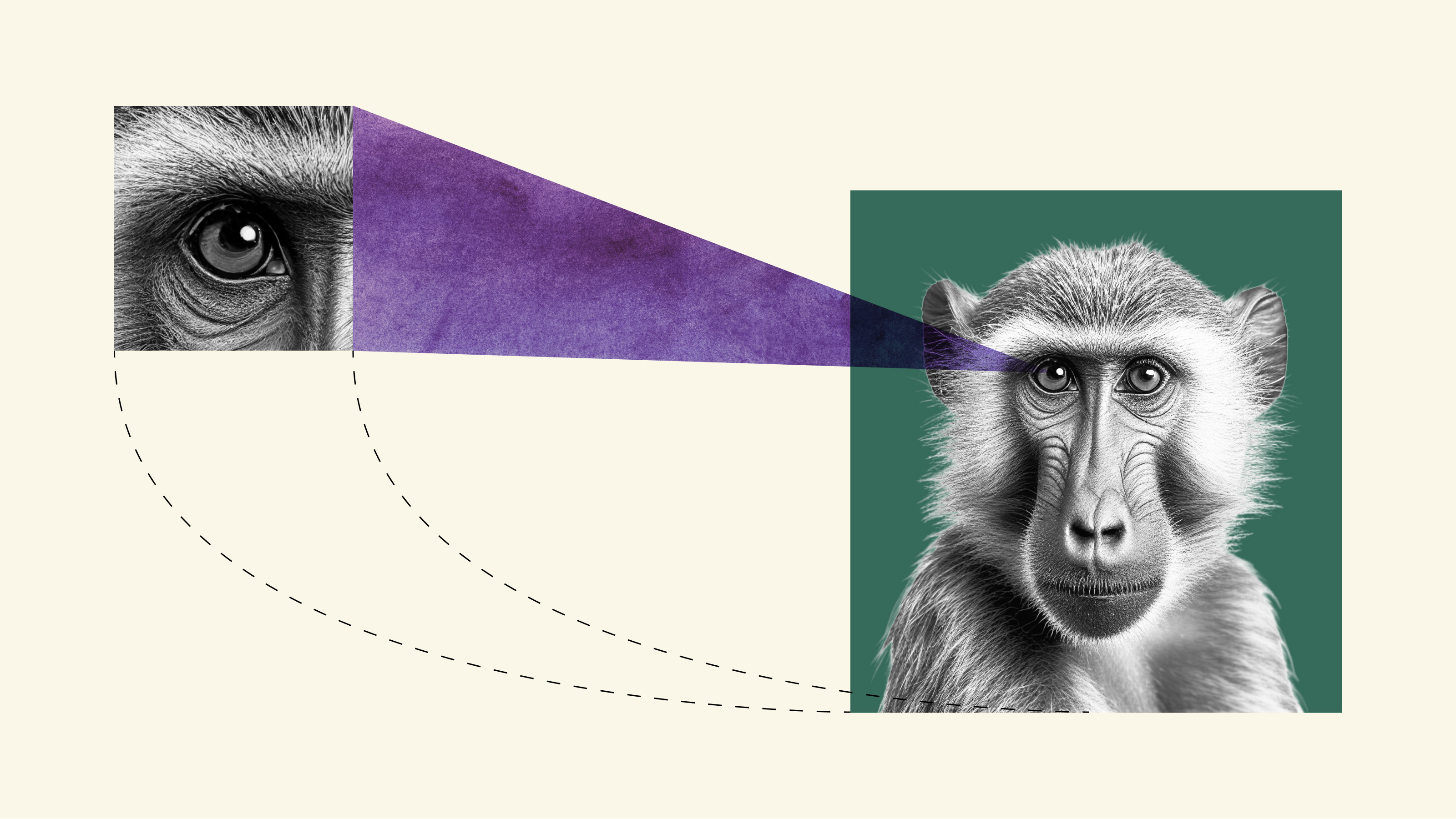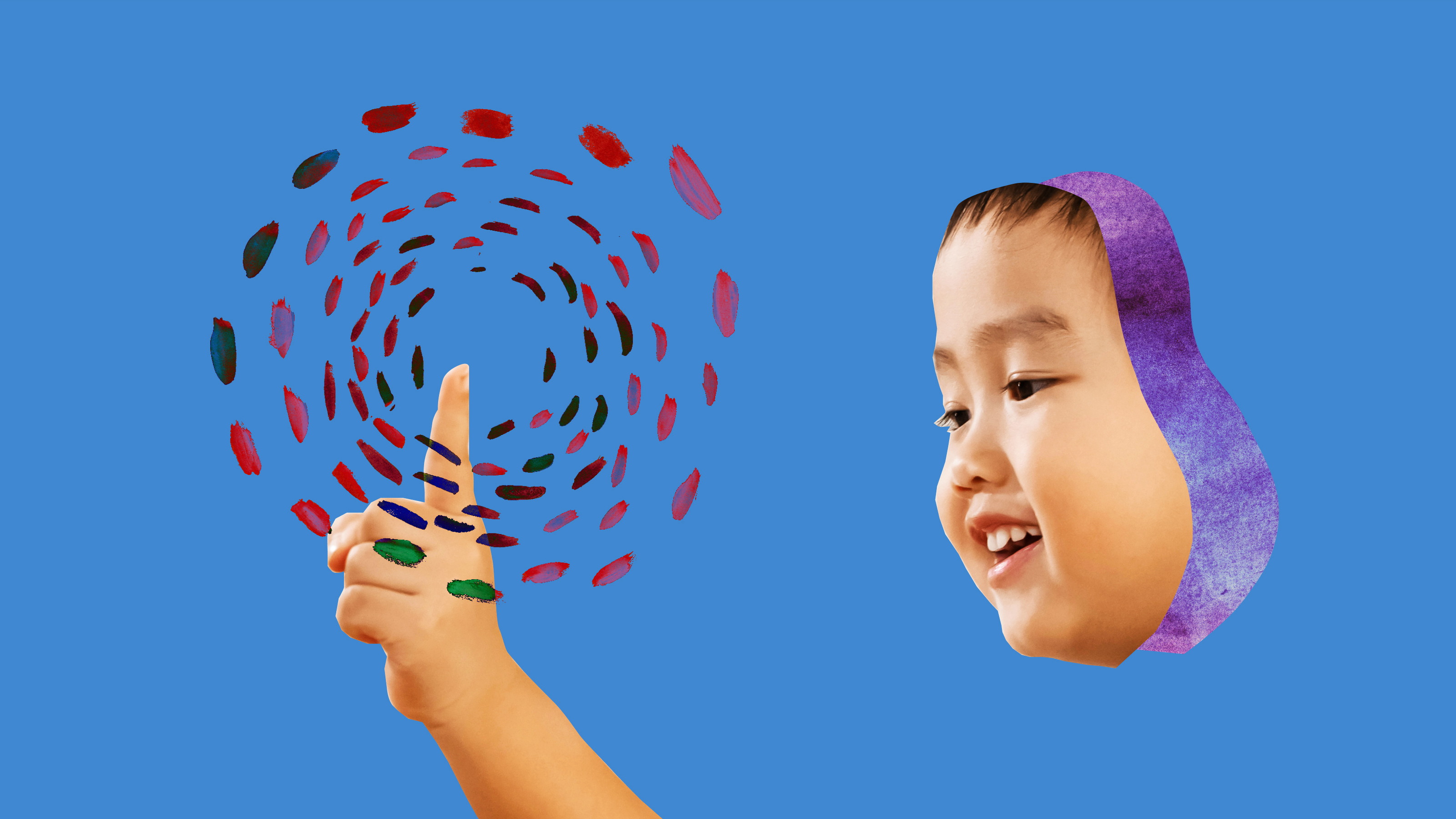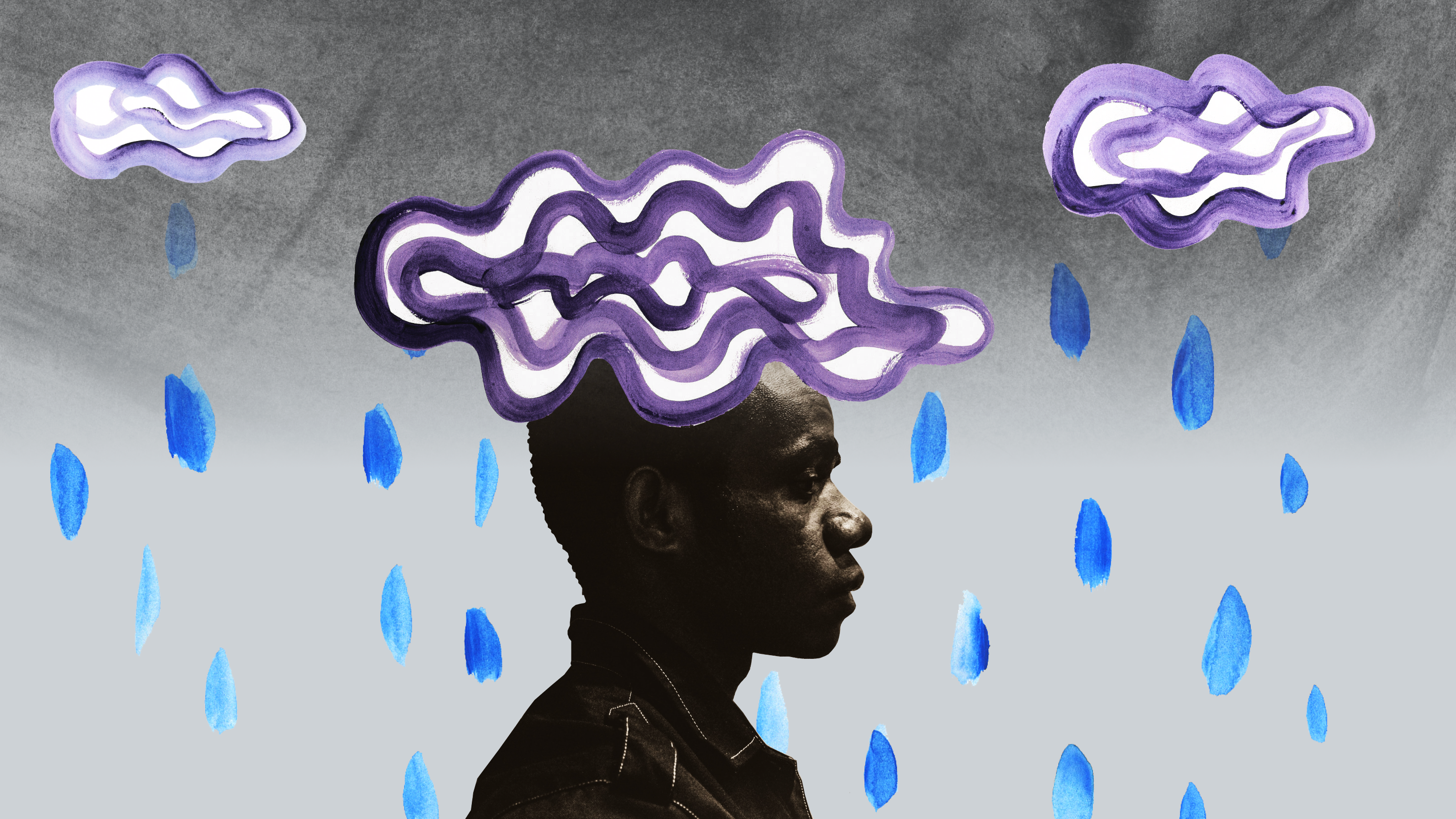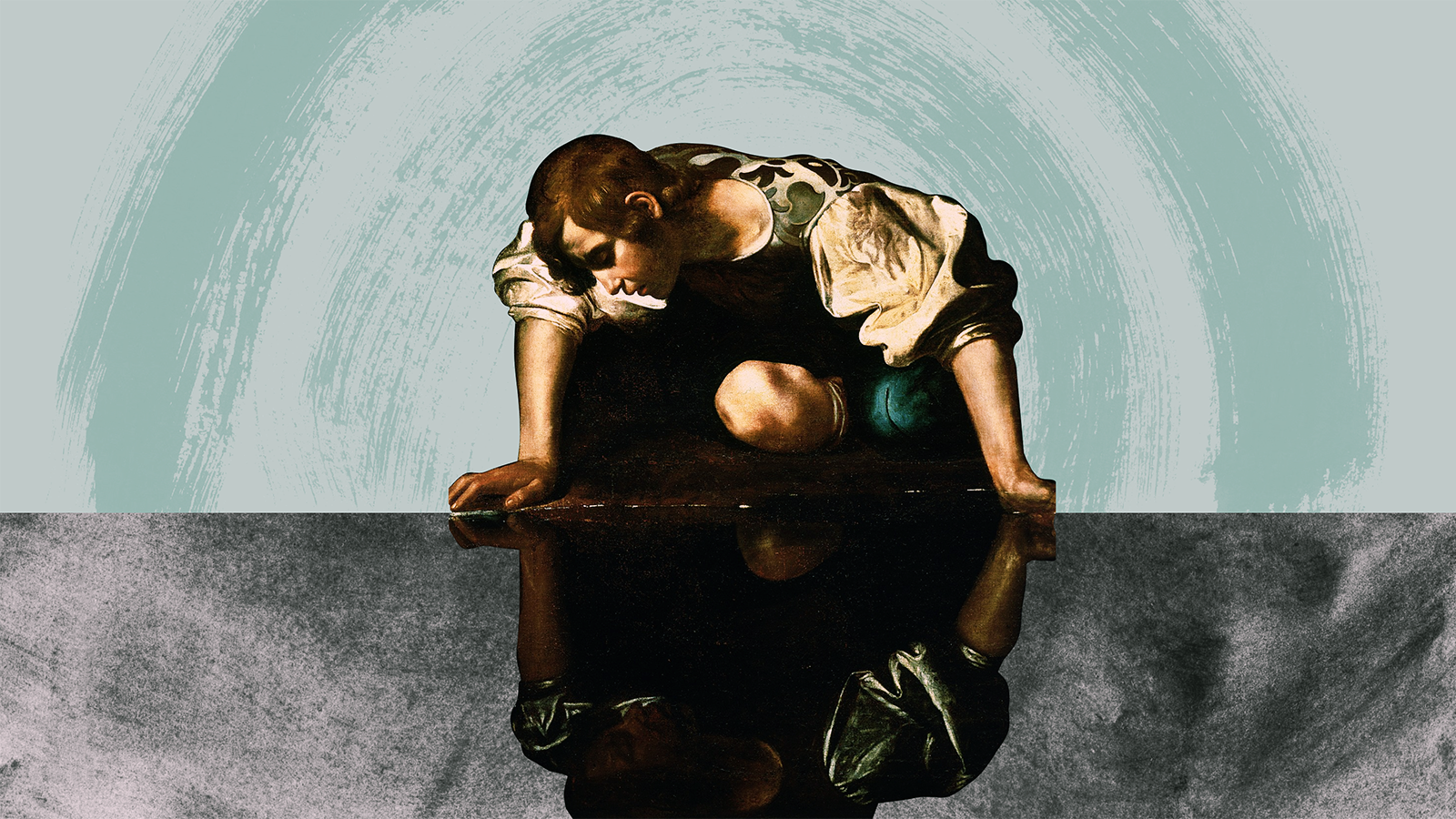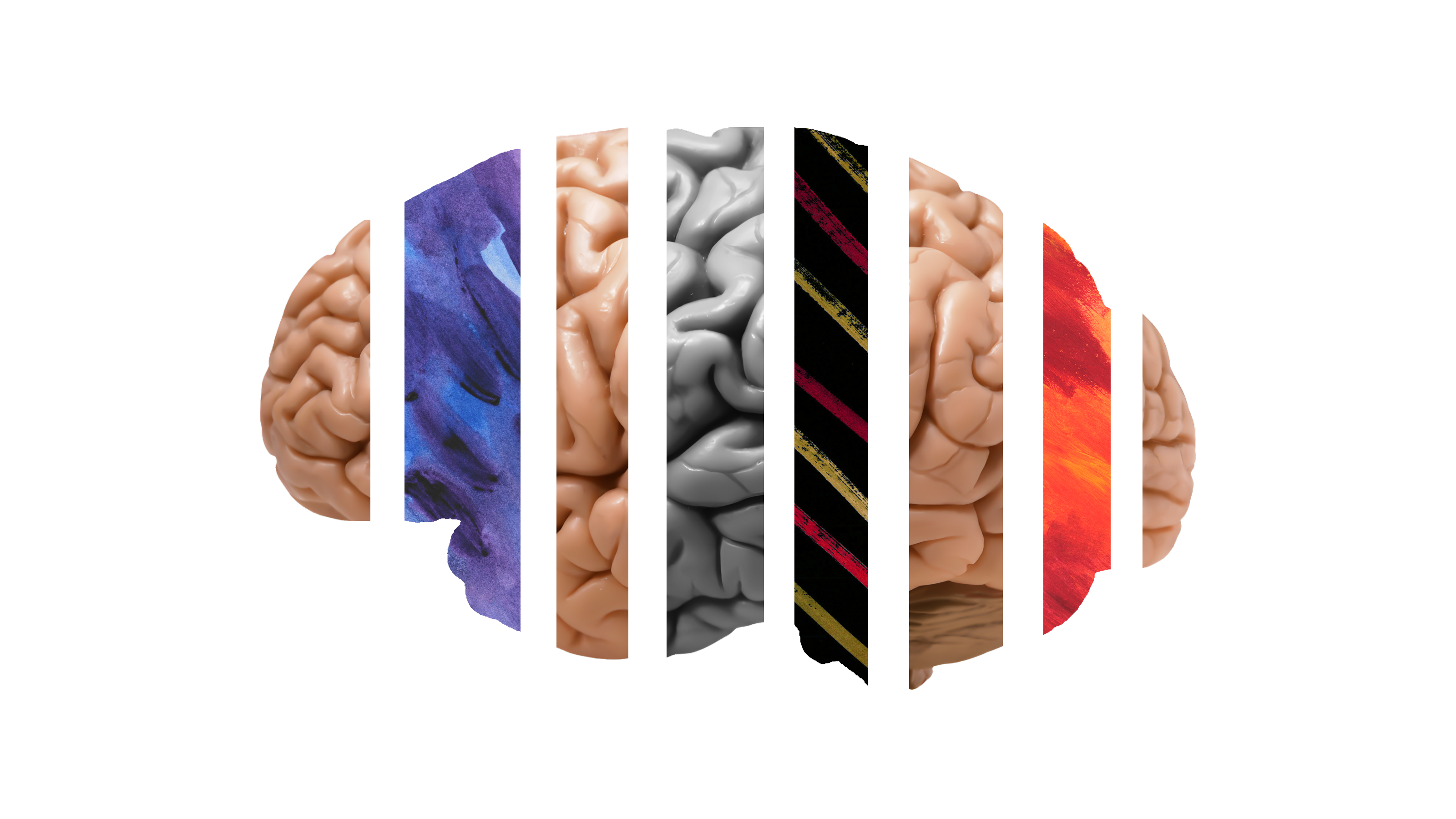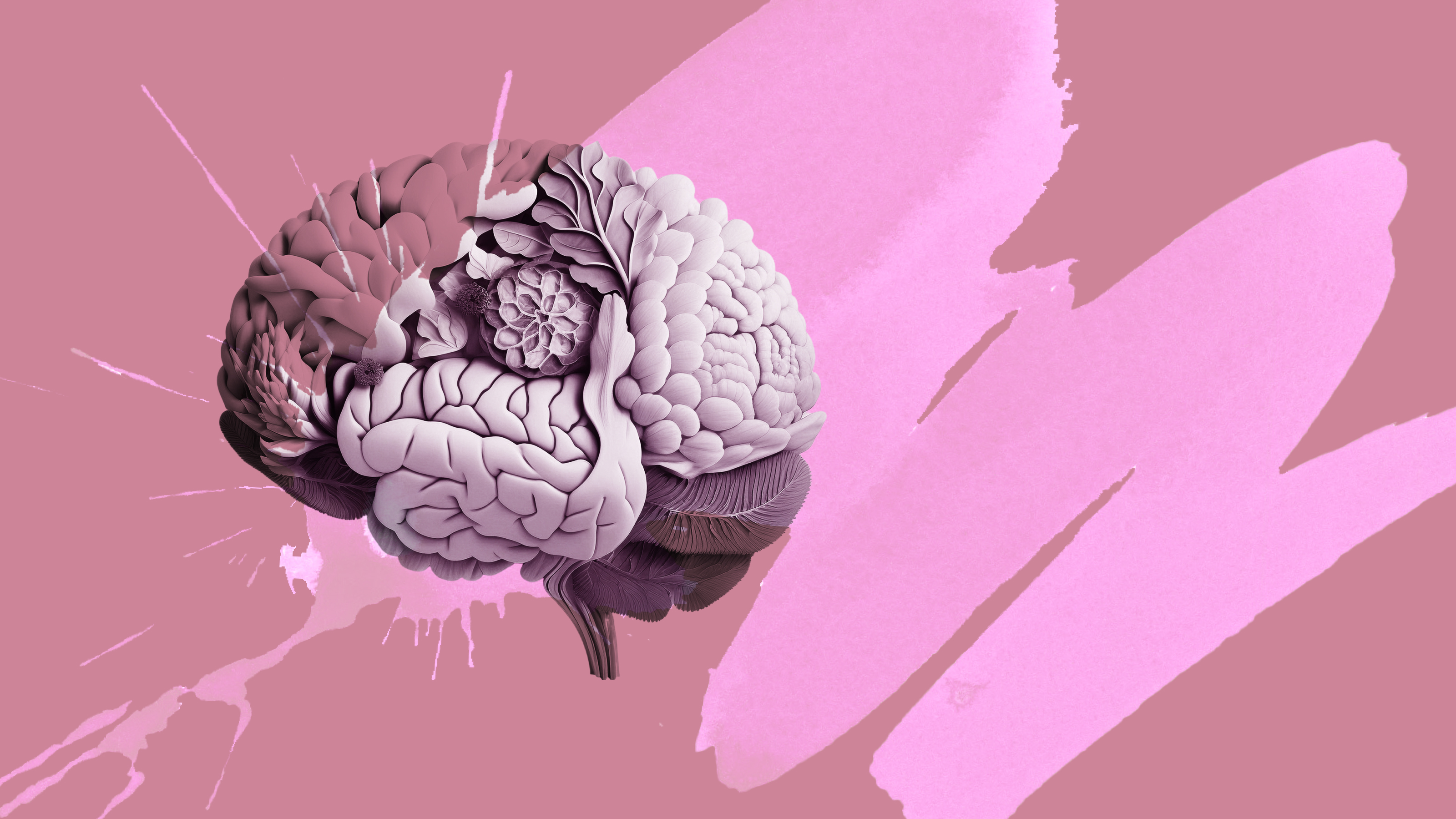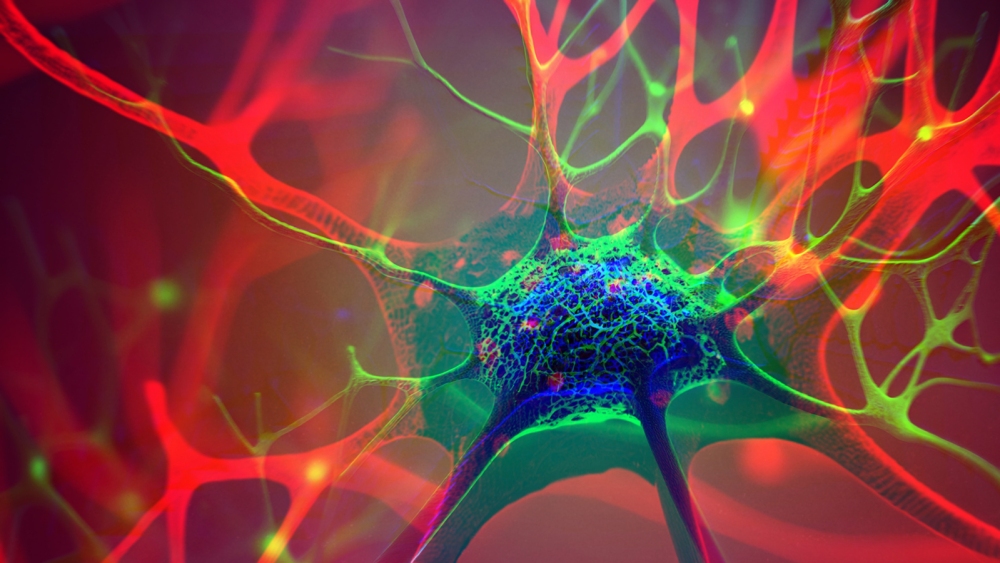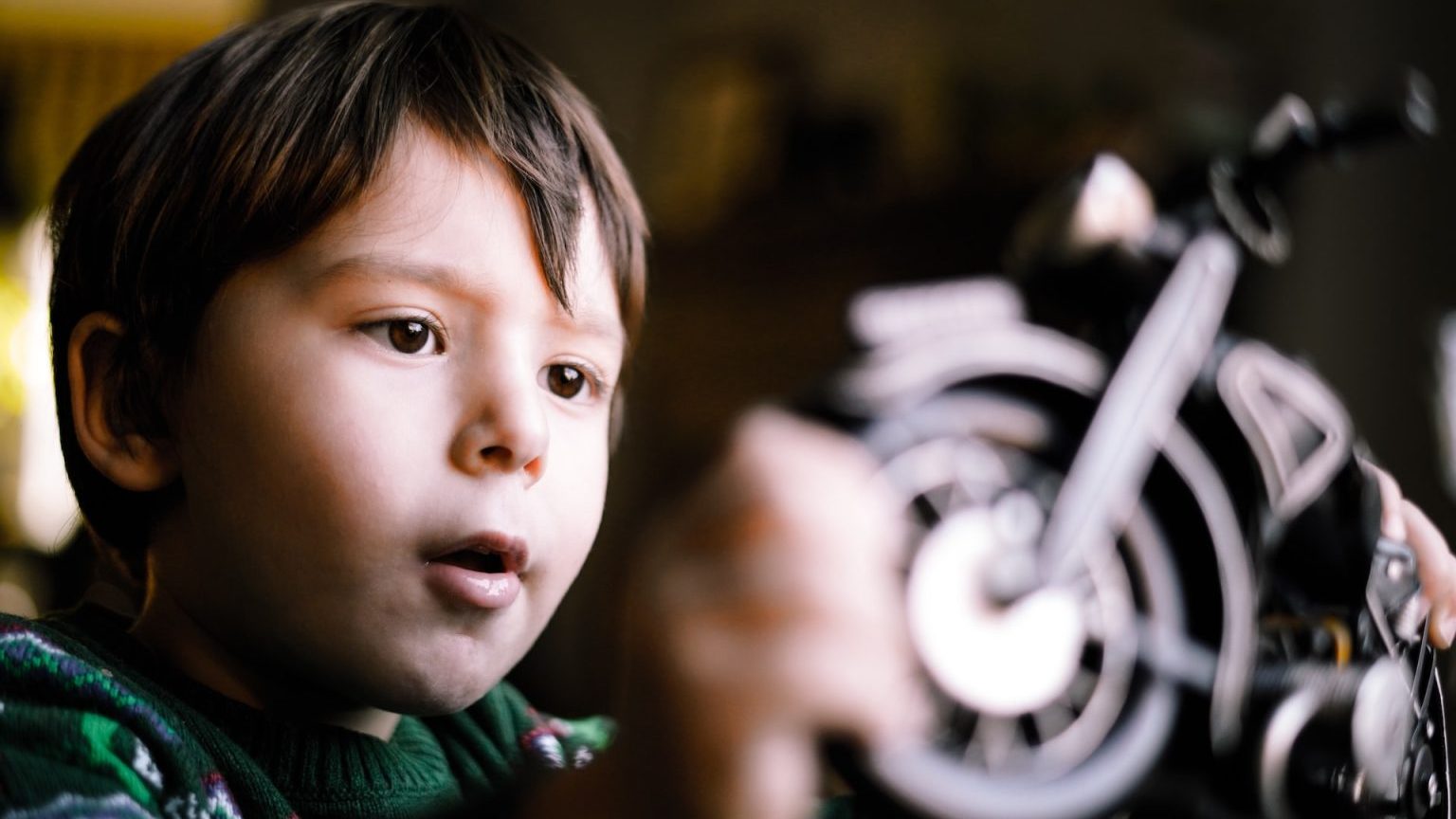Neuropsych
All Stories
The content of our long-term memories is constantly “reconstructed” by our brains. The same is true of memories formed mere seconds ago.
The lack of friendship is particularly a problem for men. But there are easy ways to make friends.
Our brainwaves naturally synchronize with external stimuli like flickering lights. Here’s how the phenomenon might boost learning.
Do you think other people are happier than you?
Most people care what others think of them. In many situations, that can be leveraged for the common good.
This was largely a philosophical question until 2005, when a surgical team in France performed the first partial face transplant.
Ketamine-assisted psychotherapy utilizes a non-ordinary state of consciousness to heal.
You know that ghostly feeling that someone is nearby even though nobody is? It could be a trick of neural timing.
The ability to decode acoustic information from brain activity aids the development of brain-computer interfaces that restore communication in patients who suffer paralysis.
Tasting sounds and hearing colors.
A new study provides the most detailed look at brains on psychedelics to date.
If you’re trying to break a bad habit or start a good one, psychologists have some tips.
“It doesn’t erase what happened to you. It just changes the impact it has on your life.”
This is the latest study to confirm that the brain does not fully mature until at least the third decade of life.
Being a jerk gets you rich, promoted, and laid (if you’re a man). But there is a downside.
Pick up the paintbrush and get to work.
About 2.5% of women and 2.2% of men in the U.S. meet the criteria for body dysmorphic disorder.
Mass sociogenic illnesses can afflict thousands of people.
In all mammals, there are two brain pathways for processing information from the eyes: an evolutionarily ancient one and a more modern one.
Your five-year-old can probably spot a cop-out.
There’s such thing as a healthy sense of pride in oneself and one’s accomplishments.
Depression might be similar to dreaming.
Within the “Dark Triad” of personality traits, narcissism exists on a confidence spectrum.
Ev Fedorenko’s Interesting Brains Project highlights the human brain’s remarkable capacity to adapt, reorganize in the face of early damage.
Extreme home environments — either very supportive or harshly negligent — tend to produce more sensitive kids.
New research shows psychedelics activate receptors inside brain cells that other compounds, like serotonin, cannot.
Studies suggest that meditation can quiet the restless brain.
“We are biologically programmed to have empathy. It’s something we can’t suppress.”
Only humans can voluntarily conjure new objects and events in our minds.


